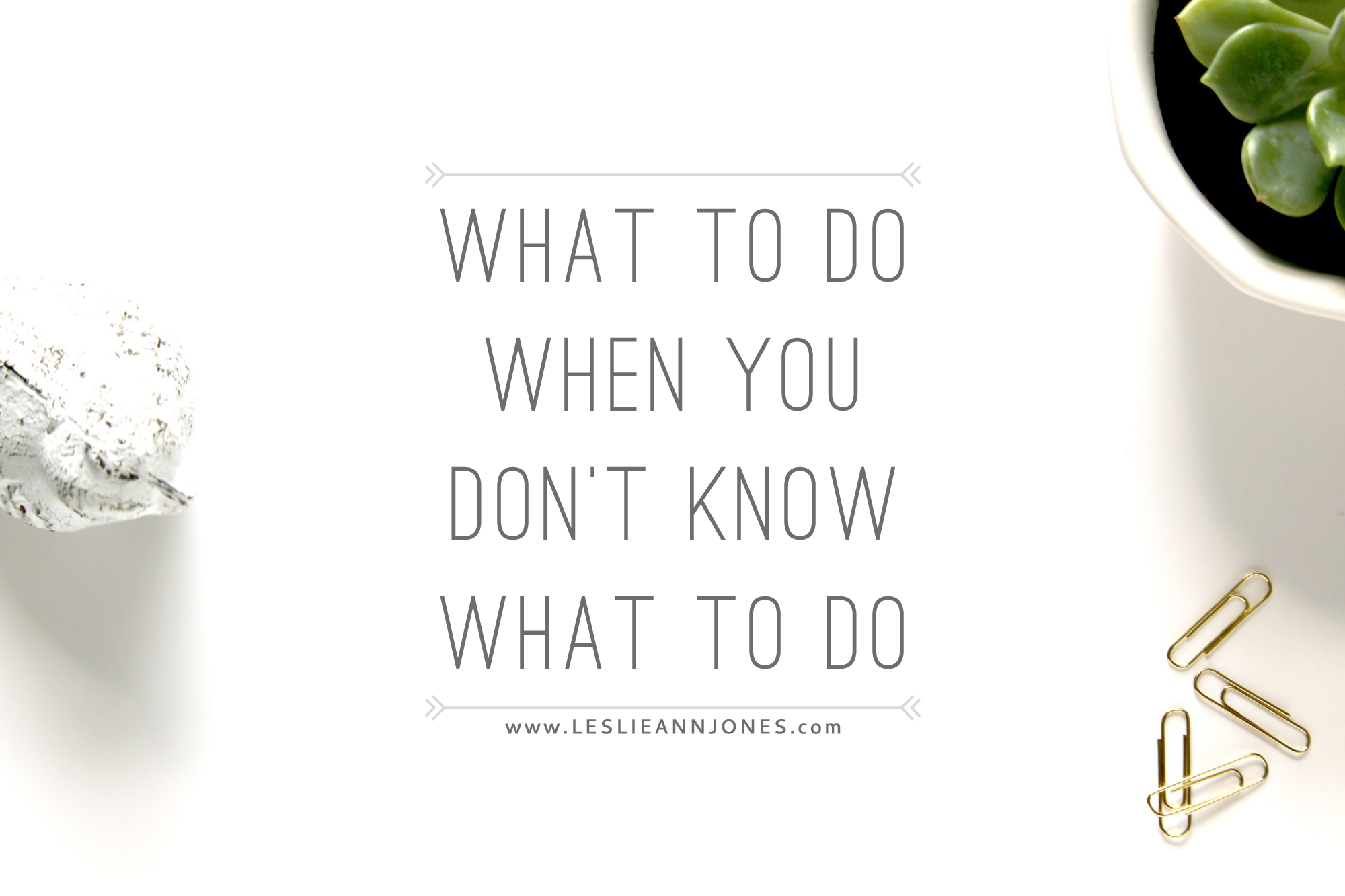A little over a week ago, I woke up to the news that a massive earthquake had hit Nepal. I'm ashamed to admit that for days, I avoided the stories and pictures. I didn't want to know how bad it was. I didn't want to know how many people were trapped or how many lives were ended. I didn't want to hear about homes destroyed or people in desperate need of relief. Because once you now something, you can't un-know it.
Knowledge brings with it responsibility. I didn't want to hear the news because I knew I would feel compelled to do something, ANYTHING, to help, but when there's a problem as big as the one in Nepal, I'm at a loss. I don't know what to do. It seems that I've felt this way a lot in the past year. Every time a natural disaster decimates an area, Boko Haram steals another batch of little girls, or ISIS slaughters innocent people, something inside me cries out at the injustice of it all.
As a believer, I'm more than a little uncomfortable with the notion of going on with my same old everyday life as if nothing had happened. And yet, in the face of such massive problems, I can't help but feel small and insignificant. As if anything I do will be like trying to bail water out of a sinking ship with only a teaspoon at my disposal, but y'all, that's simply not true. I'm here to tell you that it's a lie, and sadly, it's a lie that I've fallen for more than once. So I'm writing this to remind us both that when we don't know what to do, there are at least two things we can do that matter.
We can pray. And I mean, really pray—not just in passing, but in earnest. We may be small, but the God we serve is anything but. When we come face to face with devastation, tragedy, and injustice, even when it's half a world away, we should cry out for mercy. Instead of just reading the headlines, we should pray over them. And when we finish, we should pray over them some more. We should pray for God's action and justice, for his mercy and compassion, for needs to be met and broken hearts to be mended, for homes and health to be restored. And when the news outlets have moved on and people stop posting links about it on twitter, we should pray even more fervently. We should pray for our brothers and sisters across the world to have perseverance for the long haul, and more than anything, we should pray that somehow, some way, God's name would be magnified. Prayer matters.
We can also give. And I'm not just talking about money, although that's always helpful. We can give our time, our efforts, and at the very least, our voices. We can use our own little circles of influence to make as much of a difference as possible. As much as I would like to haul off to Nepal and hand out bottles of water to refugees, I can't. I've got a couple of busy little girls to take care of. But there are other people who can go, and I can give so that they can buy the bottles of water to hand out. I can also call attention to their efforts (see video from the Baptist Global Response below). It may not be much, but it's better than nothing. And if all of us band together and give what we can, we'll be able to really make a difference. This, by the way, is just as biblical a response as prayer. When famine struck Judea in the days of the early church, the disciples took up a collection to send relief (Acts 11:27-30), and in his letters to Corinth, Paul talks of collecting money to meet the needs of believers. It's not a new idea. It's an old one that's tried and true. Giving matters too
I say all of this because I know how overwhelming it can be to see the problems of the world. It's easy to get caught up in all that we can't do, but it's far better to do the things that we can. My prayer for you (and for me) is that the next time the headlines are clogged with news of unspeakable tragedy, we'll do what we can to make a difference.
Until next time, grace and peace.

